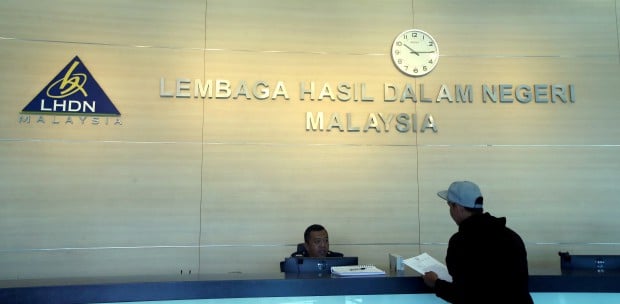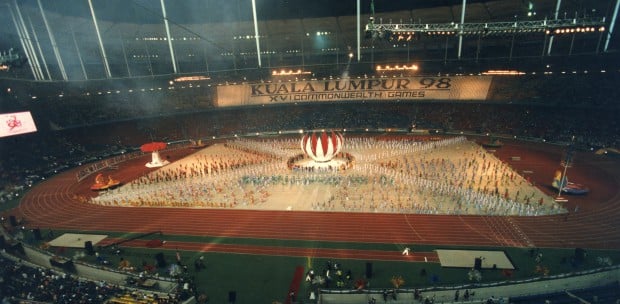PAYING for the use of content is a compelling idea. Or so our Malaysian media companies thought. And the government thought so, too. At least until as recently as September.
Now it is asking the newsmakers to go DIY. Well, almost. Help will come when it is needed. Malaysian media companies, a mix of not so big and small, don't have the muscle to get the tech titans to the table. A law like that of Australia's News Media Bargaining Code 2021 (NMBC) would mandate the muscle. If a middle power like Australia sees the need for such a law, Malaysia must certainly be in more need of one.
We take the government's point that the NMBC is no more than a law that gets the newsmakers and social media platforms to talk. But it must be remembered that the NMBC is a law that compels negotiation.
Without legal backing, it is left to the good faith of the social media platforms to agree to share the ad revenues.
There are two questions that need answering in this long-simmering issue. Why should big tech pay media publishers? Have such laws helped? Start with the first question.
Big tech must pay media publishers because they use the content the latter produce to earn ad revenues. Content doesn't come cheap. Each piece of news comes with material and manpower costs. To ask for this to be paid is only fair.
Social media platforms like Google and Facebook, now known as Meta, argue that they make a pittance out of the use of media companies' content. Even if this is true, there is at least a moral reason for the media companies to share in the pittance that they earn.
But is it really a pittance? It appears not, at least from the Australian competition watchdog's point of view. In 2021, for every A$100 spent by Australian advertisers, A$49 went to Google and A$24 to Meta. To be fair, media publishers are not asking for all the A$73 that they are making from the ads. Not even a huge chunk.
Only a fair share for the use of their content. After all, the social media platforms deserve their fair share for spreading the content. Velocity has value.
Our second question is — has the NMBC been helpful? Yes, and no. But before that, is there a need for such a law? In an ideal world, no.
But post Internet, we are certainly not living in an ideal world. Such laws help. But the NMBC story is getting mixed reviews. A misunderstanding needs to be cleared. The NMBC is based on competition laws, not copyright laws. A clever Aussie move, we must say.
But the NMBC text that became law is a watered-down version of the early draft. Perhaps because of this, Google and Meta signed some 30 deals, contributing about A$200 million to the media publishing industry. Public-interest journalism has been saved to that extent.
No more. Elsewhere, better versions of the NMBC are at a "work-in-progress" stage, either as passed legislation or as they go through the reading mode. In either case, it comes with a "Danger Ahead" sign for media publishers and tech titans. Be that as it may, with or without laws, ad revenue sharing is an idea whose time has come.





